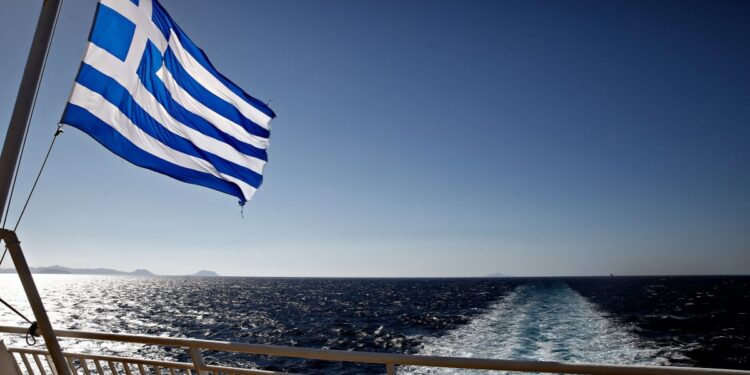Vassilis Korkidis, President of the Piraeus Chamber of Commerce and Industry, announced that the Greek maritime cluster “Maritime Hellas” is elevating its digital capabilities and expanding the services offered to its members in the near future.
Business clusters play a critical role in both the maritime sector and the national economy. Notably, a new cluster focused on shipbuilding for our Navy emerged during the Defence Exhibition in Athens. It’s time to shift from mere discussions about clusters to actionable practices that can harness their benefits for both businesses and the economy as a whole.
I have consistently argued that creating opportunities is more effective than merely chasing existing ones. We need to turn theory into action to fully capitalize on the potential of these clusters, adopting an outward-looking approach alongside necessary reforms to overcome historical constraints that have hindered progress.
Recent geopolitical events have prompted the European Union to prioritize the revitalization of shipyards and enhance competitiveness, particularly in the realm of defense, which includes the production and modernization of various warships for EU member states.
Piraeus stands as a significant shipping hub, with the heart of Greece’s largest shipping industry beating here. The Greek-owned fleet accounts for 20% of global tonnage, much of it managed from Greece. Given the current historic shifts in regulations, fuel, geopolitical dynamics, and global trade, our shipping industry stands to gain from a vibrant maritime cluster, which includes over 234 members across seven categories.
Shipping is a distinctly international endeavor, and Greek shipping is a vital component of the national economy, contributing between 6.5% and 8% of GDP. Enhancing the competitiveness and international outreach of shipping companies requires investment in technology and service upgrades. Innovation in shipping is both capital- and knowledge-intensive, necessitating efforts to enhance the skills of the workforce involved in shipping activities—both on land and at sea—particularly in relation to new technologies and green transitions. Here, the cluster’s role is crucial.
I also noted the emergence of a synergy cluster marked by the formation of the Association of Hellenic Shipyards. Shipyards in Elefsis, Perama, and Chalkida must actively showcase their capabilities in building warships, passenger vessels, mega yachts, and repairing commercial ships. We must recognize the geopolitical significance of our nation as we look to construct naval units, which could lead to the development of a specialized cluster around shipbuilding, encompassing companies that produce naval systems, startups, and academic institutions.
Recent data reveal promising trends: Elefsis and Skaramangas Shipyards have seen considerable turnover growth over the past two years. Across Greece, 14 regions are authorized for shipbuilding and repairs, including notable areas like Salamis, Chalkida, Syros, Lavrio, Thessaloniki, Heraklion, and Volos. In 2024, the Ministry of Shipping’s electronic platform “e-DLA” issued 32,000 licenses for shipbuilding and repair, compared to 24,000 in 2023.
Simultaneously, new jobs have been created in manufacturing, technology, and service sectors linked to shipping, fostering synergies and collaborations that have resulted in a highly dynamic and export-oriented industry. To maximize the potential of our shipbuilding industry, a dedicated general secretariat is needed to focus on creating added value and to strengthen collaboration with at least 850 Greek shipping support businesses. Thus, it is essential to not only discuss but also actively support and utilize the Greek shipping cluster.

















